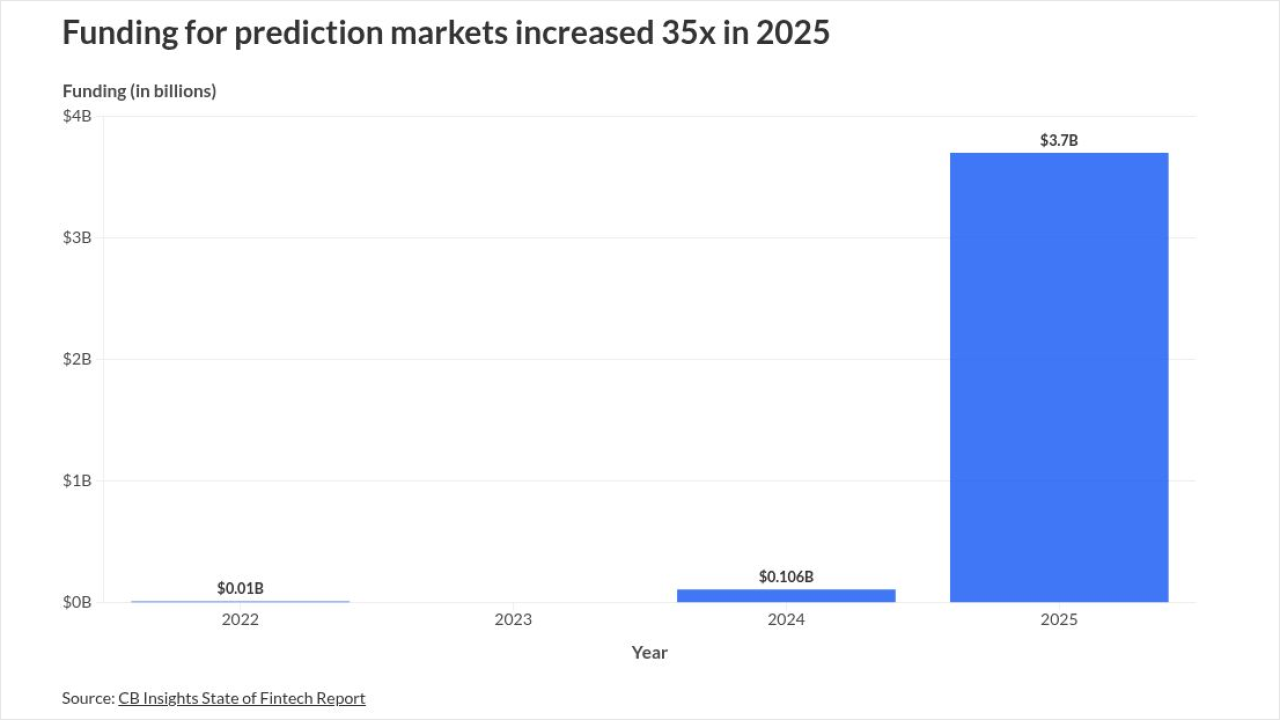WASHINGTON - The Comptroller of the Currency has criticized accounting standards-setters, complaining that a long-running debate over how banks should reserve against bad loans is confusing the industry and could drive reserve ratios down to dangerous levels.
The warning came in an April 14 letter from the Comptroller, John D. Hawke Jr., to the head of an American Institute of Certified Public Accountants task force, a copy of which was obtained Tuesday by American Banker.
In the letter, Mr. Hawke said protracted efforts to rewrite the accounting standards for loan-loss reserves have the industry puzzled about what accounting requirements will be and worried that they will be penalized by the Securities and Exchange Commission for having excessive reserve levels.
"Our greatest concern is that this accounting uncertainty is creating an in terrorem effect among bankers, who are anxious to avoid delays in the certification of their audits and in the acceptance of their financial statements by the SEC," Mr. Hawke wrote. "As a consequence there is a serious danger that some banks may fix their reserves at levels lower than banking regulators believe to be prudent, solely to avoid controversy and delay."
Officials at the accountant institute said Tuesday that they were still studying the letter and could not comment yet.
The impact of Mr. Hawke's warning may be diminished by his uncertain status at the OCC. As a prominent Democrat in a Republican administration, he is widely expected to be unseated as comptroller. But observers said that, given the recent shocks to the economy and the increasing prevalence of bad loans, Mr. Hawke's calls for larger reserves based on bankers' assessment of credit risk will probably be supported by any successor to Mr. Hawke.
"A large loan-loss reserve is appropriate given where the economy is today," said Allen Sanborn, president and chief executive officer of the Risk Management Association, Philadelphia. "Clearly we need to be approximately right in estimating loan losses rather than precisely wrong. There is an element of judgment that goes into estimating loan-loss reserves."
The battle between bank regulators and accountants over loan-loss reserves dates to 1998, when the SEC forced SunTrust Banks Inc. to restate three years' worth of earnings and reduce its loan-loss reserves by $100 million before it would approve SunTrust's deal to buy Crestar Financial Corp.
The SEC claimed that SunTrust and other banks use their reserve accounts to "manage" their earnings, meaning that they set aside extra reserves in good years so that in bad years they can smooth earnings swings by reserving less. To be fair to investors, the agency says, banks should only be allowed to allocate funds to their reserve accounts to cover specific losses.
Bank regulators countered that high reserve levels are conducive to safety and soundness and should be encouraged. They further said that reserving against bad loans is as much an art as a science, and that the judgment of seasoned bankers should not be replaced by narrow limitations.
The accountant institute entered the fray in March 1999, when it formed a task force to reconcile bank reserving practices with Generally Accepted Accounting Principles. The group, headed by Martin F. Baumann, a partner in PricewaterhouseCoopers' insurance practice, has since produced several draft proposals. All were slammed by bankers and bank regulators, and none have been accepted by the institute's Accounting Standards Executive Committee.
The task force's early draft was roundly flogged by industry representatives for proposing what they saw as dangerously restrictive limits on reserving, but it has moved toward a middle ground. The most recent draft, released Feb. 22, would permit a degree of judgment in estimating loan losses.
The accountant institute's final decision still must be ratified by the Financial Accounting Standards Board.





